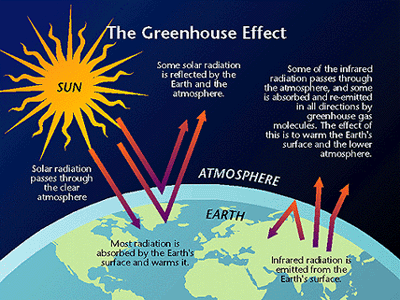The Space of Science and Technology encompasses research and educational actions in the areas of arithmetic, physics, chemistry, biology, informatics, earth sciences and associated interdisciplinary subjects. The converse impression of know-how on science is of at the least equal importance: (1) by providing a fertile supply of novel scientific questions and thereby additionally serving to to justify the allocation of assets wanted to address these questions in an efficient and timely manner, extending the agenda of science; (2) as a source of otherwise unavailable instrumentation and strategies needed to deal with novel and more difficult scientific questions more effectively.
Since President Trump’s inauguration, the Office of Science and Know-how Policy (OSTP) has constructed a strong workforce of over 50 employees members, including a corps of scientists and engineers, policymakers, and lecturers to advise the President on science and technology (S&T), support the President’s agenda, and ensure that S&T efforts throughout the Executive Branch are effectively coordinated.
The six departments of the Graduate School (Pc Science, Mathematical Informatics, Data Physics and Computing, Data and Communication Engineering, Mechano-Informatics, and Creative Informatics) have collaborated to put the foundations for core science and expertise within the subject of informatics, whereas at the identical time forging a base for worldwide exchange in chopping-edge info science and technology.
College of Bordeaux) on 4 continents: Duisburg-Essen, Regensburg (Germany), Leiden (Netherlands), Milan, Padova (Italy), Concordia, Institut des Sciences Mathématiques, Montréal (Canada), Paris-Sud, Centre de Recherches Mathématiques (France), Stellenbosch, African Institute for Mathematical Sciences, Cape City (South Africa), The Chennai Mathematical Institute (India).
Science contributes to expertise in at least six methods: (1) new knowledge which serves as a direct source of ideas for new technological prospects; (2) supply of tools and strategies for extra efficient engineering design and a information base for evaluation of feasibility of designs; (three) analysis instrumentation, laboratory strategies and analytical strategies used in research that ultimately discover their manner into design or industrial practices, typically through intermediate disciplines; (4) apply of analysis as a source for improvement and assimilation of recent human skills and capabilities ultimately useful for expertise; (5) creation of a knowledge base that becomes increasingly necessary in the assessment of technology by way of its wider social and environmental impacts; (6) knowledge base that allows more environment friendly strategies of utilized research, development, and refinement of latest technologies.
